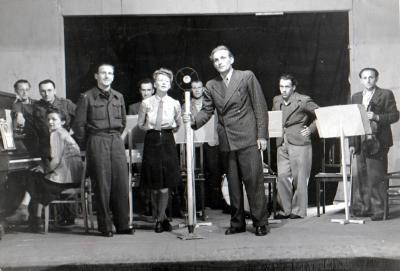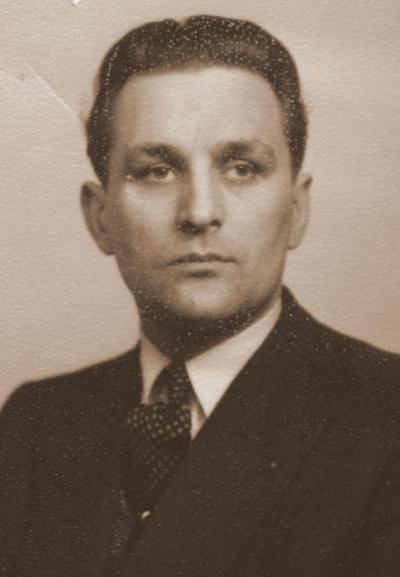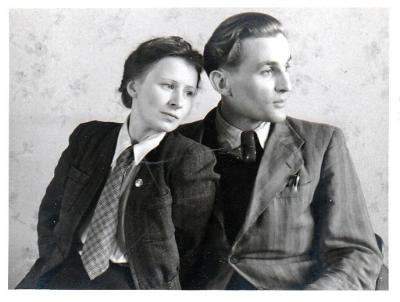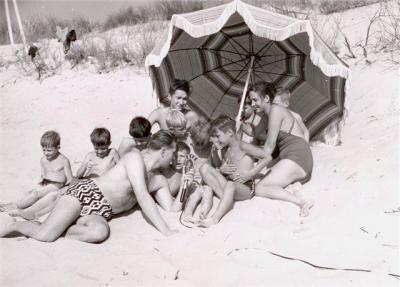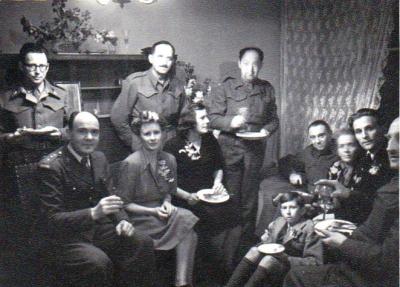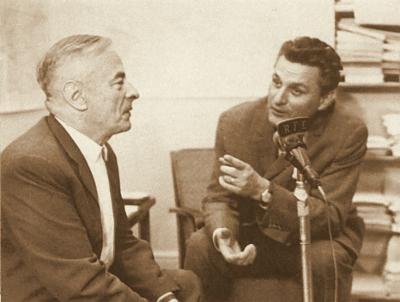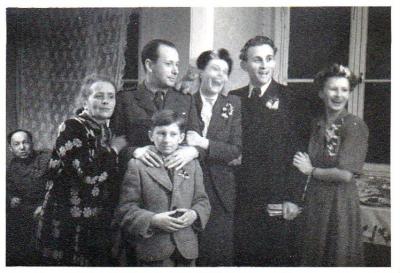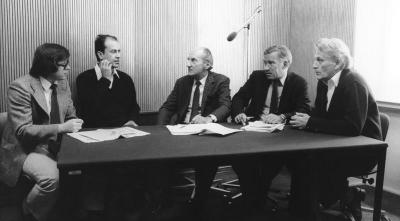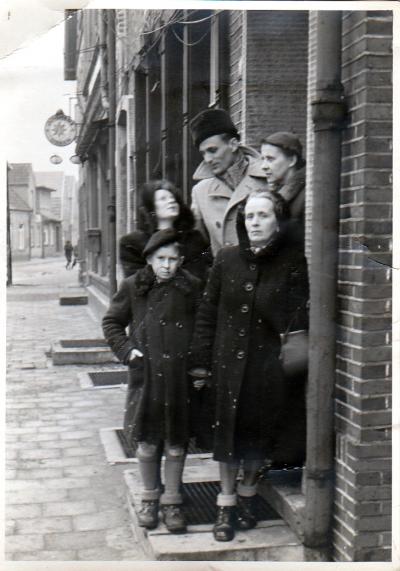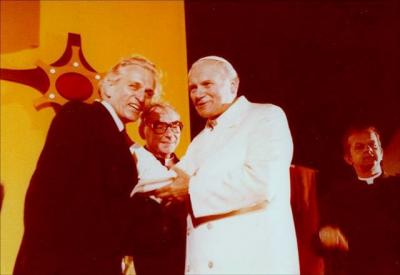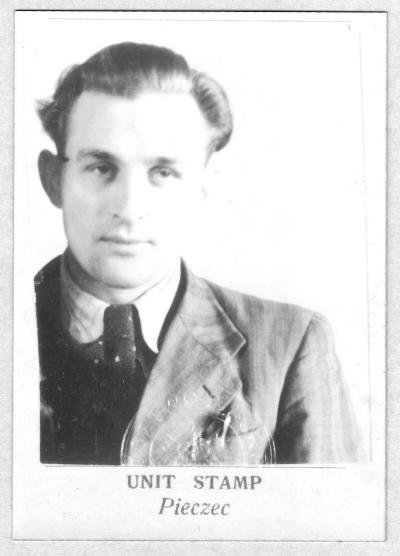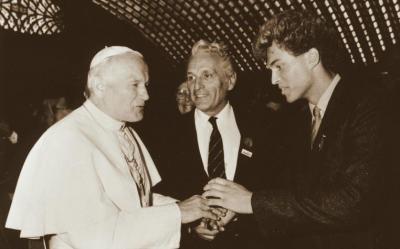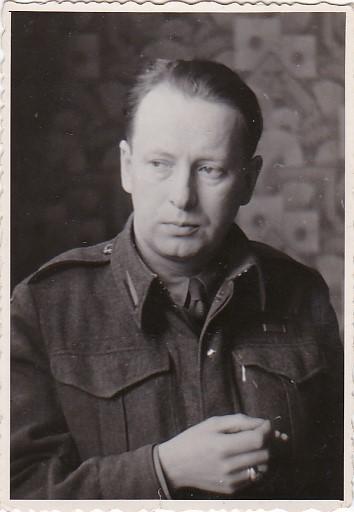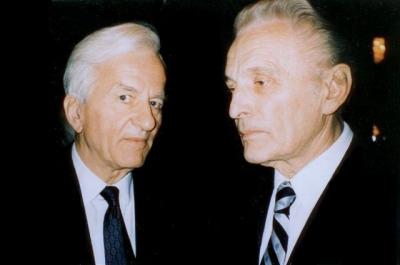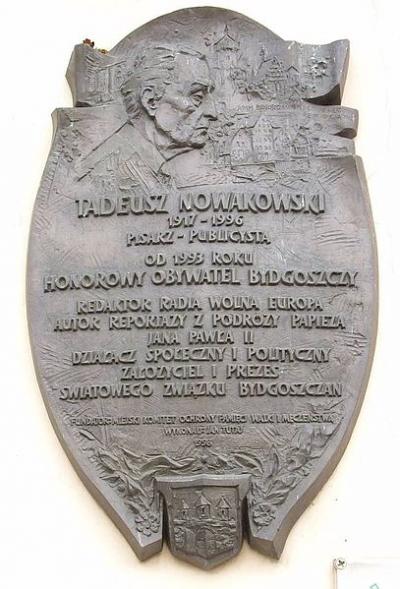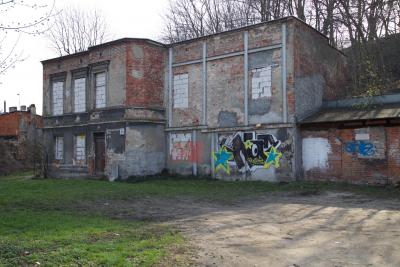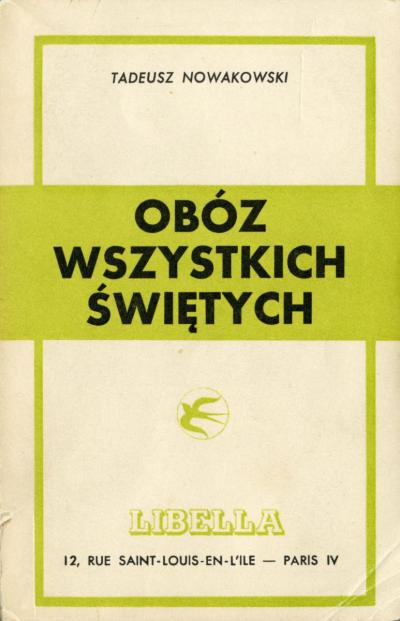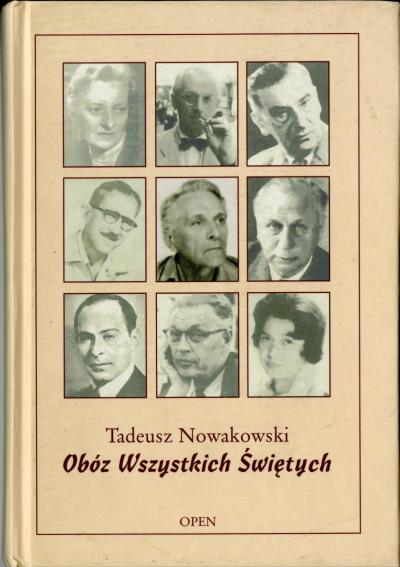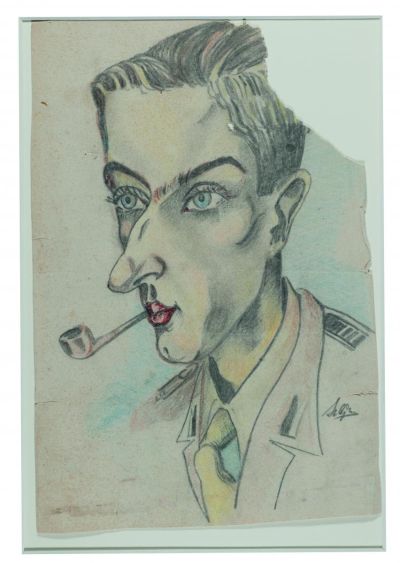Tadeusz Nowakowski

The Hut under the Jasmin is the first post-war work of Polish literature on concentration camps, in which the Nazi executioners and officers working in the extermination apparatus are portrayed differentially. Despite his abhorrence and fury at his executioners’ behaviour the narrator in the cycle of stories is able to perceive the spiritual suffering of some Germans who were forced by the system to commit crimes against their conscience. Some of them even show signs of human feelings towards the prisoners, whereas others are so ashamed of performing their duties that they sink into self disgust. There are also those who blame the prisoners for their moral predicament and indulge their infinite hate in an excess of criminal zealousness that gradually turns into a sadistic pleasure in inflicting cruelty on others.
The high artistic value of this volume of short stories is defined by the differentiated portrait of the henchmen in this murderous machinery. It bears witness to the fact that Nowakowski’s work on the book was an important stage in his lengthy literary development that was to culminate in his most important work, the novel Obóz Wszystkich Świętych (Camp of the All Saints). This is one of the most important Polish novels to deal with Polish-German relationships, and the most important novel on Polish Displaced Persons in Germany. It is undeniable that it is based on autobiographical material that has been strongly reshaped and reworked into literature. Nowakowski does not set the book in Haren where he himself was a displaced person, but in Papenburg. He is always intent on describing the artificial encounters between those who had been “freed” and the local Emsland population in all its complications.
It is the first, and for many years it was the only Polish novel on the Second World War and its effects on Polish-German relationships, both the guilt of the “henchmen nation” and the guilt of the “victim nation”. Here he not only portrays Nazi crimes but also the crimes committed on the German population by those who had been “freed”. Nationalist clichés and prejudices that lead to distortions of reality and evil burden Germans and Poles alike. Every form of “patriotism” that crosses the boundary line to nationalism is equally damaging and destructive, independent of the national colours under which it is propagated. “The Camp of All Saints” is also a novel about the attempt to liberate oneself from the burden of limitations and complexes loaded onto individuals by their own society under threats of exclusion or of being stamped as anti-patriotic, a renegade, a turncoat, even as a traitor to one’s country.
After his tragic experiences during the war, the marriage of the protagonist to a German woman is only possible as an agreement between two people that can only be upheld by ignoring outside society. The Germans in the book cannot accept that one of their women chooses a Polish man, and the Poles cannot accept that a man who has fought in the underground resistance in Warsaw now has a relationship with a German. The need to be accepted by their “own” people proves stronger than their own feelings. Both of them give up, and act as if they had indeed found revealed truth in the Nationalist prejudices, which they had previously believed to be mistaken. And so they return to the lap of their own societies, full of regret for what they now see as their blameworthy behaviour.
In the novel the protagonist thinks back to his pre-war time in the town of Bydgoszcz and the relatively harmonious coexistence between its Polish inhabitants and the large German minority. Furthermore the author describes the tragic events in September 1939 when Nationalist motives gained the upper hand, gave free rein to hatred and finally led to genocide.
